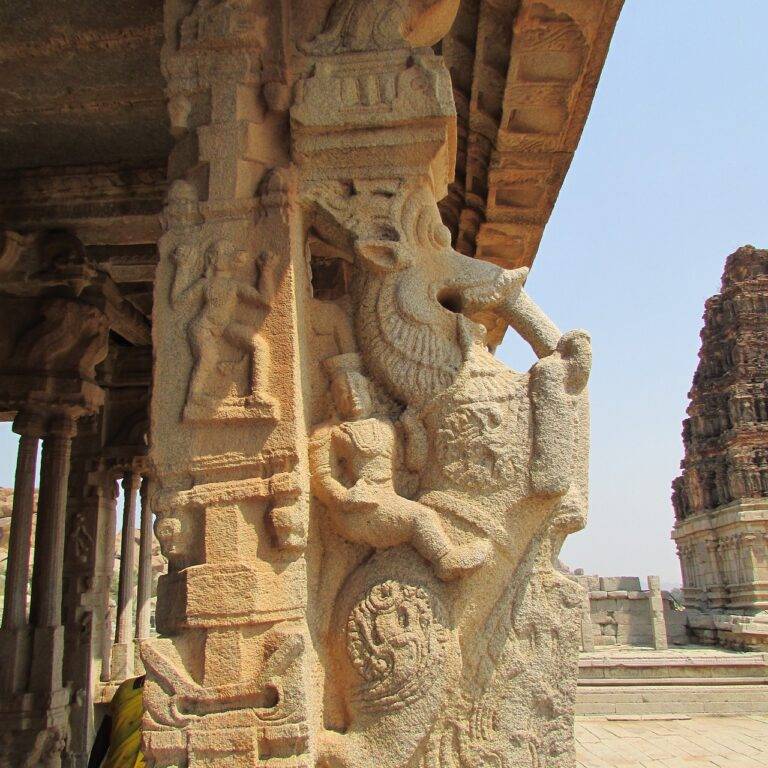Investigating the Influence of Election Observers in Monitoring Electoral Integrity
Election observers play a vital role in safeguarding the integrity of electoral processes worldwide. By monitoring elections independently, these observers help ensure that the voting procedures adhere to democratic principles and are free from any bias or manipulation. Their presence serves as a deterrent to potential irregularities and violations, promoting transparency and accountability in the conduct of elections.
Through their unbiased assessments and meticulous documentation of electoral activities, election observers provide crucial feedback to electoral authorities and stakeholders. This feedback not only helps identify areas for improvement in future elections but also serves as a source of verification and validation for the overall credibility of the electoral process. In essence, election observers act as guardians of democratic values, holding governments and electoral bodies accountable for upholding the rights of citizens to participate in free and fair elections.
Understanding the Importance of Independent Election Monitoring
Election monitoring plays a crucial role in upholding the integrity of electoral processes across the globe. Independent election observers serve as watchdogs, ensuring that elections are conducted fairly and transparently. Their presence helps to deter fraud, manipulation, and any other malpractices that could compromise the legitimacy of the results.
Furthermore, independent election monitoring helps to enhance public confidence in the electoral process. When citizens believe that the elections are free and fair, they are more likely to accept the outcome, even if their preferred candidate does not win. This fosters a sense of trust in the democratic system and promotes political stability within a country.
Challenges Faced by Election Observers in Ensuring Electoral Integrity
Election observers encounter various obstacles in their mission to uphold electoral integrity. One significant challenge is gaining access to polling stations and counting centers in some countries, often facing resistance from authorities who seek to limit oversight. This lack of transparency can hinder observers’ ability to independently assess the fairness and accuracy of the electoral process.
Moreover, election observers often grapple with time constraints, making it difficult to comprehensively monitor all aspects of an election. The short timeframe within which observers must operate can result in gaps in coverage, potentially overlooking irregularities that could impact the overall integrity of the electoral process. These time limitations underscore the need for effective coordination and strategic deployment of resources by observer missions to maximize their impact and ensure thorough monitoring.





